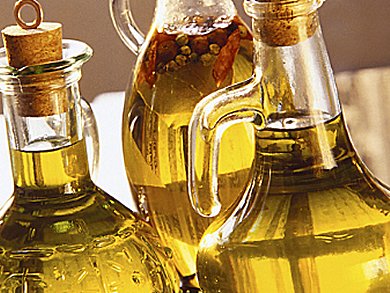In the last few years several new European Regulations and Directives have been adopted or announced in relation to flavours and fragrances. The new Flavouring Regulation ((EC) No 1334/2008) which has recently replaced the former Flavouring Directive 88/388/EEC is of particular importance for the flavour industry. It will have a major impact on trade and use in commerce of these essential oils and extracts, not only in the European Union (EU) but also internationally.
Jan C. R. Demyttenaere, European Flavour Association (EFFA), Brussels, Belgium, especially looks at the impact on labelling resulting from the difference between the new Flavouring Regulation and the former Flavour Directive from a Business to Business (B2B) perspective.
Good and pragmatic definitions are essential to ensure that all natural raw materials such as essential oils and extracts can also be labelled as natural and that substances that are constituents of natural products are still allowed in, e.g., food. Here in particular, the application of maximum levels of these substances will have an impact on how and when extracts, essential oils, but also herbs and spices, may or can be applied to food.
An important example of a “Restricted Substance” to which maximum levels apply under the new Flavouring Regulation, and which was not restricted under the former Flavour Directive 88/388/EEC is methyleugenol. This is a constituent of basil (Ocimum basilicum), an important food ingredient used in pesto. The restriction of methyleugenol will have an impact on how basil oil and even pesto can be added to food as a flavouring ingredient.
- The new European Union Flavouring Regulation and its impact on essential oils: production of natural flavouring ingredients and maximum levels of restricted substances,
Jan C. R. Demyttenaere,
Flavour Fragr. J. 2011.
DOI: 10.1002/ffj.2093Regulatory Update is a new type of article dealing with the use of natural products such as essential oils in food.




